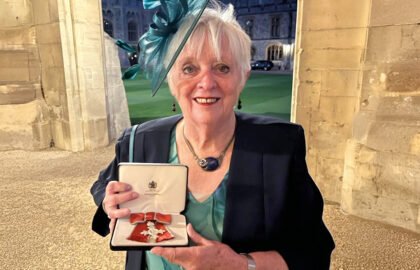The loss of a loved one is always a difficult time, which can be further exacerbated by the absence of a will, says Asya Erol from local solicitors Edwards Duthie Shamash
When someone dies without a will, they are known to have died ‘intestate’. In these circumstances, the estate will need to be distributed in accordance with the rules of intestacy. In essence, this means the estate goes to the deceased person’s closest living relatives.
All beneficiaries who stand to inherit under the rules of intestacy have equal standing to act as administrators of the estate and deal with the estate administration. In the absence of any living relatives, the estate passes to the crown instead.
Under the current rules, for someone who is married and has children, their spouse is only entitled to the first £322,000 of the estate. Thereafter, the remainder of the estate is split with 50% to go to the surviving spouse and the other 50% shared equally between surviving children. This can result in inheritance tax being applicable.
In certain circumstances, intestate estates require a paper application to the probate registry, which takes longer to be processed than an online application. This can cause significant delays to the estate administration process, which people often prefer to finalise as quickly as possible.
Estates themselves are dealt with in the same manner whether there is a will in place or not. The process of valuing assets and liabilities, and obtaining legal authority to deal with the estate are the same, as are post-grant matters. Where someone dies without a will, personal representatives are required to obtain a Grant of Letters of Administration rather than a Grant of Probate. However, they serve the same purpose and the title simply refers to the presence or lack of a will.
The lack of a will impacts beneficiaries who stand to inherit from an estate, and those who stand to inherit under the rules of intestacy may not necessarily be those you would have liked to leave your estate to.
One of the key points to recognise here is that the law does not provide for unmarried partners – there is no such thing as a ‘common-law spouse’ and therefore cohabitees who have been in long-term relationships have no rights to inherit from their partner’s estates when they are unmarried.
A Deed of Variation can be used as a tool to vary the estate and intestacy rules if all parties impacted agree and are able to execute such a document, although it should be noted that these have their own implications and trigger Trust Registration with HMRC by creating a trust.
Edwards Duthie Shamash is located at 149 High Street, Wanstead, E11 2RL. For more information, call 020 8514 9000 or visit edwardsduthieshamash.co.uk





